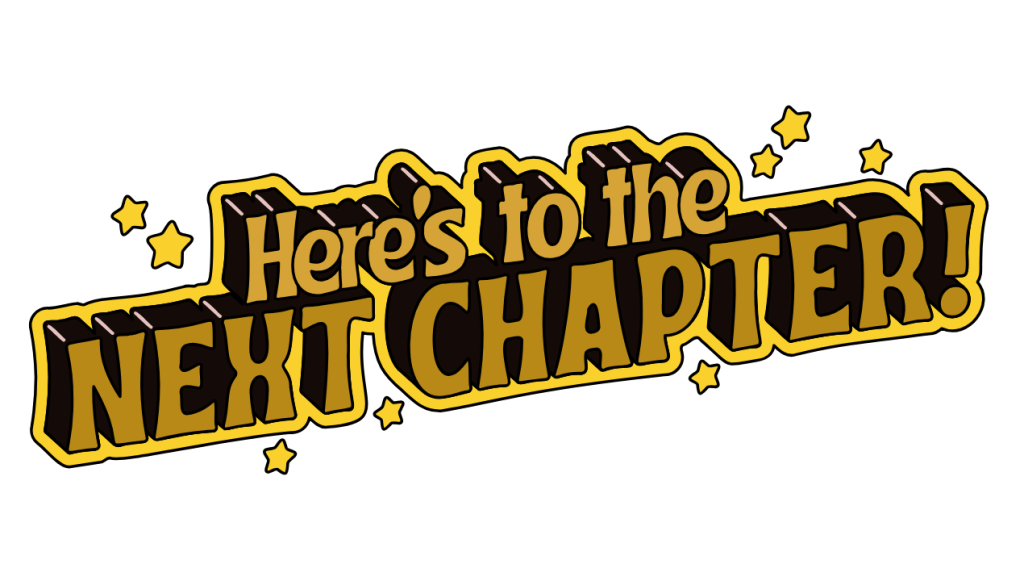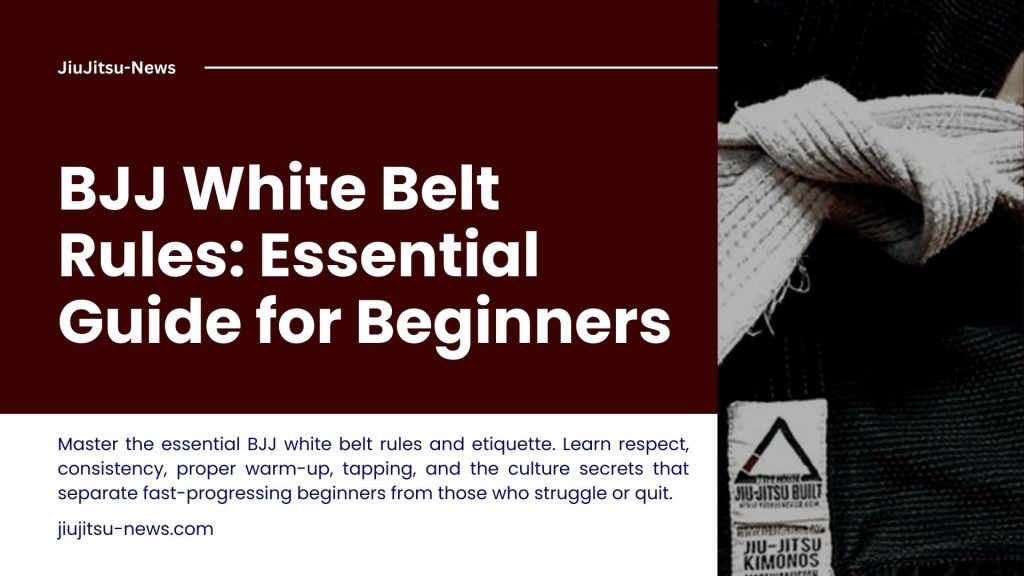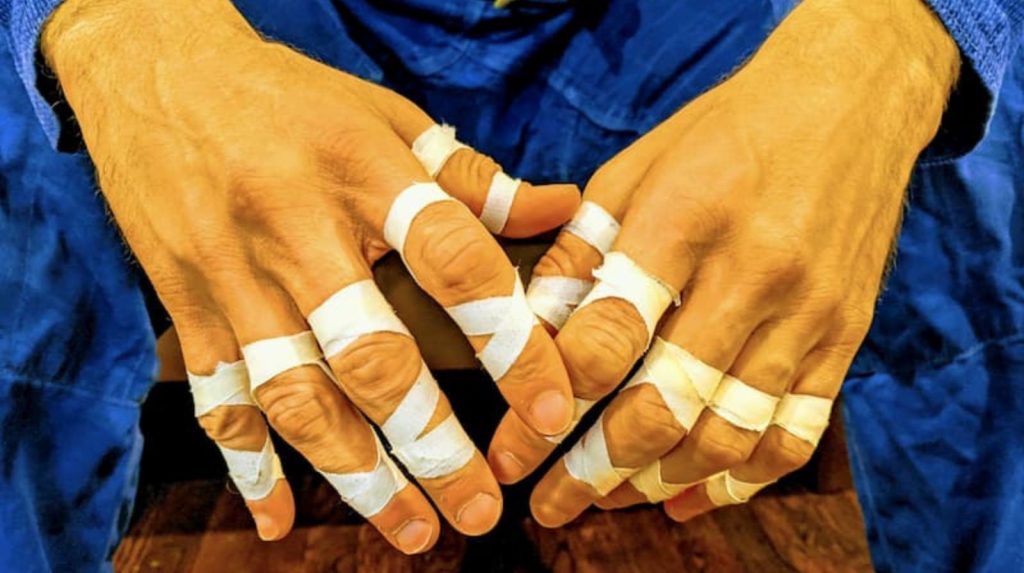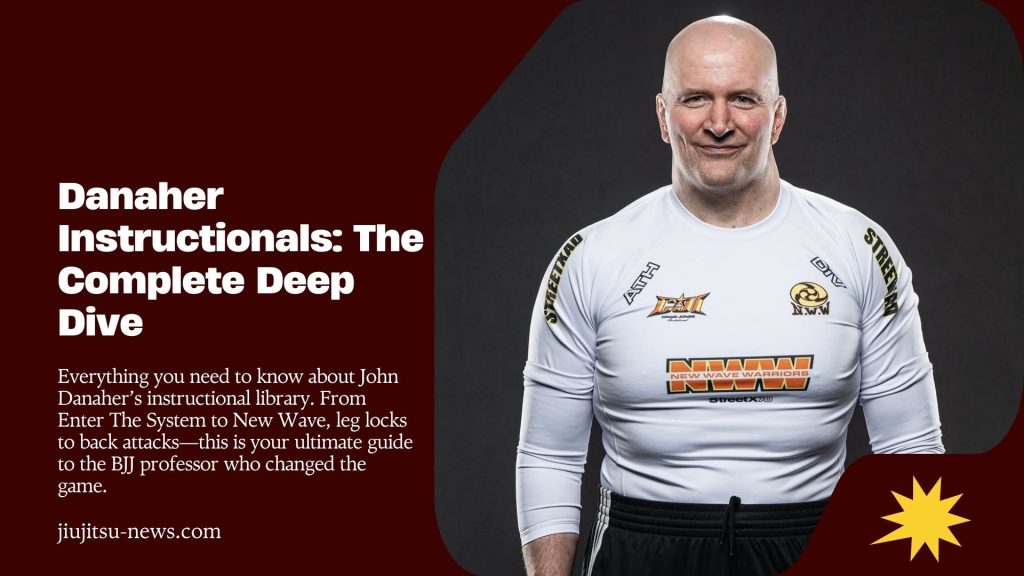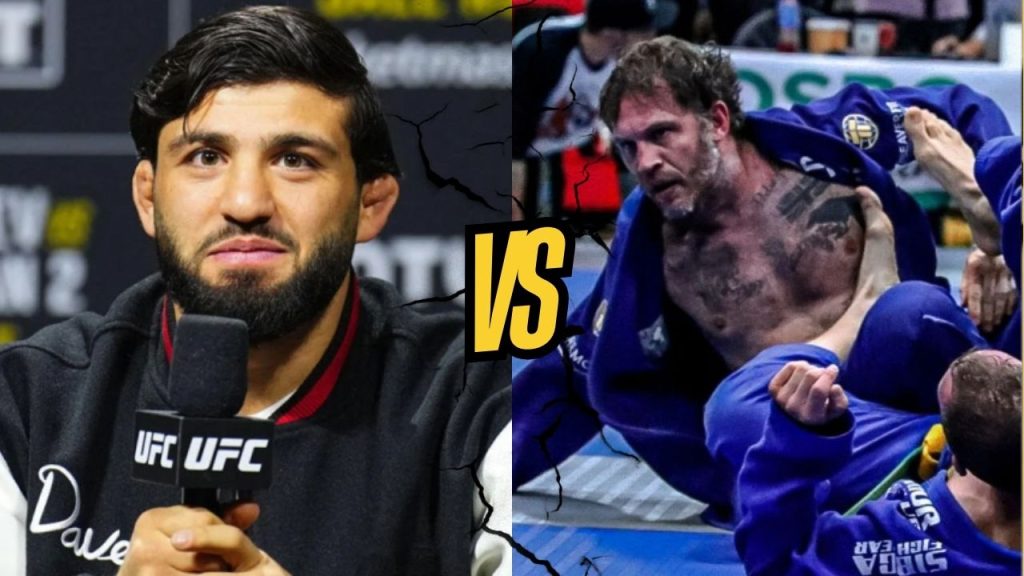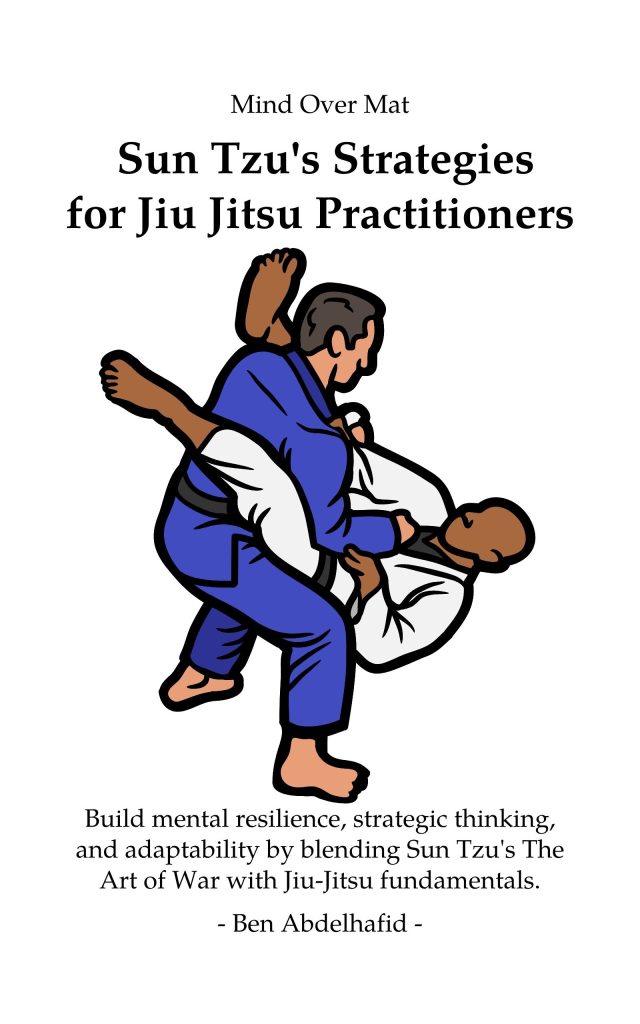
Chapter 3: The Mindset of a Warrior
Cultivating Mental Resilience
Building mental toughness is an important part of jiu-jitsu that can make a practitioner much better on the mat.
It means being able to get back on track after a setback, deal with problems, and stay focused when things get tough.
In jiu-jitsu, this means developing a mindset that can not only handle the physical demands of training and competition, but also do well when things do not go as planned.
Sun Tzu, who was very wise, said that preparation and mental toughness are very important for winning.
These are ideas that every jiu-jitsu practitioner can use on their journey.
1# Embrace Failure
One important part of mental toughness is being able to see failure as a chance to learn.
When practicing jiu-jitsu, people often lose, whether it is in sparring or in competitions.
Instead of seeing these times as bad examples of their skills, resilient people look at how they did, figure out what they could do better, and change their strategies to fit.
Sun Tzu said that knowing your weaknesses is just as important as knowing your strengths.
2# Develop a Strong System
Building a strong support system is another way to improve your mental toughness.
A person’s ability to keep going through tough times can be greatly improved by training with partners who offer helpful criticism, support, and friendship.
Sun Tzu talked about how important it is to form alliances and work together in battle.
In the same way, having a strong team in jiu-jitsu makes you feel like you belong and gives you motivation.
Engaging with other practitioners not only improves technical skills but also builds the mental toughness needed to deal with problems as a group, which creates a culture of resilience in the training space.
3# Doing Visualization
This is a powerful technique that can help you become mentally stronger.
Mentally practicing techniques, situations, and how to handle different challenges on the mat can help practitioners feel more confident and ready.
Sun Tzu knew how important it was to plan ahead, and visualization is a mental technique that helps people see problems coming and come up with good solutions.
By making a mental plan for what to do in competitions or other high-pressure situations, this practice can help reduce stress and boost performance.
4# Developing gratitude
Practicing mindfulness and gratitude can make you mentally stronger in a big way.
Mindfulness helps jiu-jitsu practitioners stay in the present, which makes stress and anxiety less of a problem.
Being thankful helps you keep a positive attitude, even when bad things happen.
Sun Tzu’s teachings remind us that keeping our minds calm is important for making good choices.
Mindfulness and gratitude can help jiu-jitsu practitioners build mental strength, which will help them not only handle the toughness of the sport but also do well in their quest for excellence.
The Role of Focus and Concentration
Focus and concentration are very important in jiu-jitsu. They are the building blocks of all good techniques and strategies.
Like Sun Tzu’s advice to carefully plan your moves in “The Art of War,” practitioners must become very aware of their surroundings, their opponents, and their own physical and mental states.
Because they are more aware, jiu-jitsu practitioners can make split-second choices that can change the outcome of a match.
When a fighter is fully present, they can better guess what their opponent will do, respond quickly to changes, and use techniques correctly.
Sun Tzu taught that planning and strategy are very important, and jiu-jitsu requires the same kind of mental discipline.
Focus and concentration can help you in different ways, including:
1# More Thorough Training
A jiu-jitsu practitioner needs to be aware of how the mat moves, just like a general needs to know how to fight in different terrain.
Focusing helps athletes figure out how the game is going, spot openings, and take advantage of weaknesses.
This analytical approach not only improves performance but also helps people learn more about how jiu-jitsu works as a martial art.
Practitioners can better learn difficult techniques and improve their skills through deliberate practice if they pay close attention to their training sessions.
2# Getting Past Mental Blocks
Focus and concentration are also important for getting past the mental blocks that come up in competitive situations.
Fear of failing, worry about performance, and the stress of competition can all make it hard for a practitioner to make good decisions and use techniques.
Jiu-jitsu athletes can improve their mental toughness by using mind techniques that Sun Tzu would have liked, like picturing success, making clear goals, and staying calm.
That makes them strong enough to stay calm under pressure, so they can keep their focus even when things get tough.
3# Quickly Pick Up New Techniques
When people are training, their ability to focus can have a big effect on how quickly they learn. People who train their minds to be focused are more likely to learn new things and do techniques correctly.
Techniques that need precise timing and movements work much better when you give them your full attention.
Focusing on the task at hand and avoiding distractions can help jiu-jitsu practitioners improve their muscle memory and understand the art more naturally.
Sun Tzu said that knowing yourself and your abilities is important for learning and mastery.
Overcoming Fear and Doubt
Fear and doubt are two tough opponents that every jiu-jitsu student has to face on their way.
These feelings can show up in many ways, like the fear of failing in a competition, doubting one’s skills during training, or anxiety about going up against more experienced opponents.
To deal with these problems effectively, you need to understand that they are a normal part of the learning process.
Sun Tzu said it was important to know yourself and your enemy.
In the same way, practitioners should first figure out what makes them afraid and doubtful so they can come up with ways to fight these inner enemies.
1# Mindset
Adopting the mindset of always getting better is a good strategy.
People who use this method need to stop trying to be perfect and instead focus on their progress.
By making goals that are attainable, people can build a sense of accomplishment that helps them deal with fear and doubt over time.
According to Sun Tzu’s ideas, knowing your strengths and weaknesses can help you get ready for something better. This means realizing that setbacks are not failures but chances to learn and grow.
Every roll on the mat, every drill, and every piece of feedback should be seen as a step toward mastery that builds confidence and toughness.
2# Visualization
Visualization techniques can also help you get over your fears and doubts.
By practicing techniques and situations in their minds, martial artists can feel more comfortable and less anxious when they have to compete or spar.
Sun Tzu pushed for both surprise and strategic planning, which can be seen in how one mentally gets ready.
By picturing yourself succeeding and performing techniques in your mind, you can boost your confidence when it is time to perform on the mat.
This gives practitioners the mental clarity and focus they need to face their fears.
3# Community
Another important thing you can do to get over fear and doubt is to build a community of people who can help you.
Getting together with other jiu-jitsu practitioners who have been through similar things can be very motivating and encouraging.
People who hear about others who have faced and gotten over their own fears are reminded that they are not the only ones going through hard times.
Sun Tzu’s teachings stress the value of working together and making alliances.
In jiu-jitsu, this can be seen in training partners and mentors who help each other improve and succeed.
This friendship creates an atmosphere where doubt and fear can be talked about openly and turned into strength as a group.

